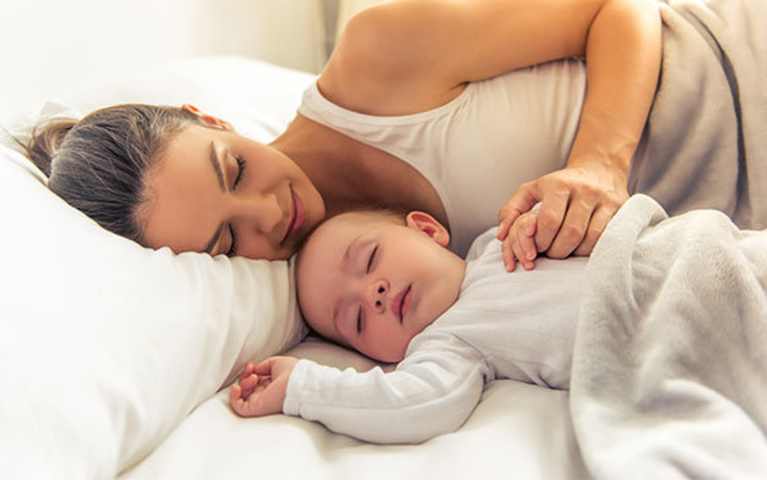Scientific evidence shows it may be possible for environmental factors to change the characteristics of the DNA passed on to offspring. One of the most important environmental factors is the quantity and quality of sleep.
Scientists have long believed that you can't pass on environmental changes to your body to your children. Pumping iron at the gym doesn't pass those muscles on to children. Similarly, a love of coconut water doesn't mean a newborn will inherit that preference.
But evidence from a new scientific field called epigenetics, which is the study of how environmental factors can affect the way your genes are expressed, indicates it may be possible for environmental factors to change the characteristics of the DNA passed on to offspring.
One of the most important environmental factors is the quantity and quality of sleep.
EPIGENETICS, DEFINED
Genes code for specific characteristics of cells. Some DNA codes for eye color; other DNA codes for cells that make up the immune system. DNA methylation impacts how those strands of DNA express themselves. DNA methylation is a process in which chemical groups called methyl groups are added to pieces of DNA. This is a normal process, but sometimes methyl groups attach to the wrong place. This can end up silencing certain characteristics of the genes and hampering them, or it can change the way they work, which can impact overall health.
YOUR IMMUNE SYSTEM
For example, these types of DNA changes could impact the immune system's ability to fight off infection. One study published in the journal Sleep in 2013 showed that children who suffered from sleep apneas and got less quality sleep had increased DNA methylation levels of the genes that regulate lymphocytes, a type of white blood cell involved in immune response, and they had higher levels of inflammation in their bodies. While more studies are needed to replicate this finding, researchers think that less quality sleep leads to a greater likelihood of getting sick.
ENVIRONMENTAL FACTORS
Environmental factors like stress can change the way our genes are expressed. A study published in the Brain Research Bulletin in 2013 found that stress changes histones, which are proteins in the nucleus of cells that regulate DNA in the hippocampus, a part of the brain that regulates stress responses. The change in histones can make it more difficult to fall asleep. The researchers also thought that disrupted sleep itself was a stressor, which could change histones and therefore cause insomnia. In other words, not getting enough sleep could make it more difficult to get to sleep.
TWO GENERATIONS
While some environmental markers get erased when DNA is passed on to your children, scientists have begun to find that some epigenetic markers remain and affect the genes that get passed down through at least two generations. For example, a study published in Frontiers in Psychology in 2015 showed a link between depression in pregnant mothers and infants who showed increased DNA methylation of a gene that regulates stress and inflammation (the glucocorticoid receptor gene).
This means that your choices don't only affect your own health; they could also affect the health of your future generations. So the next time you're tempted to skimp on the Zzzs, don't. You – and your future offspring – may thank you for it.
Want even better sleep? Sleepers who routinely use their Sleep Number 360® smart bed features and SleepIQ® technology get almost 100 hours more proven quality sleep per year.*
Like diet and exercise, quality sleep has a profound impact on our physical, emotional and mental wellbeing. Because no two people sleep the same, Sleep Number 360® smart beds, with SleepIQ® technology, sense your movements and automatically adjust firmness, comfort and support to keep you both sleeping comfortably and provide proven quality sleep. Find your Sleep Number® setting for your best possible night's sleep, and if you own a Sleep Number® bed, log in to your InnerCircle℠ Rewards account to see your exclusive offers, refer friends and more.
*Based on internal analysis of sleep sessions assessing sleepers who use multiple features of Sleep Number® products. Claim based on sleepers achieving over 15 more minutes of restful sleep per sleep sessions.
